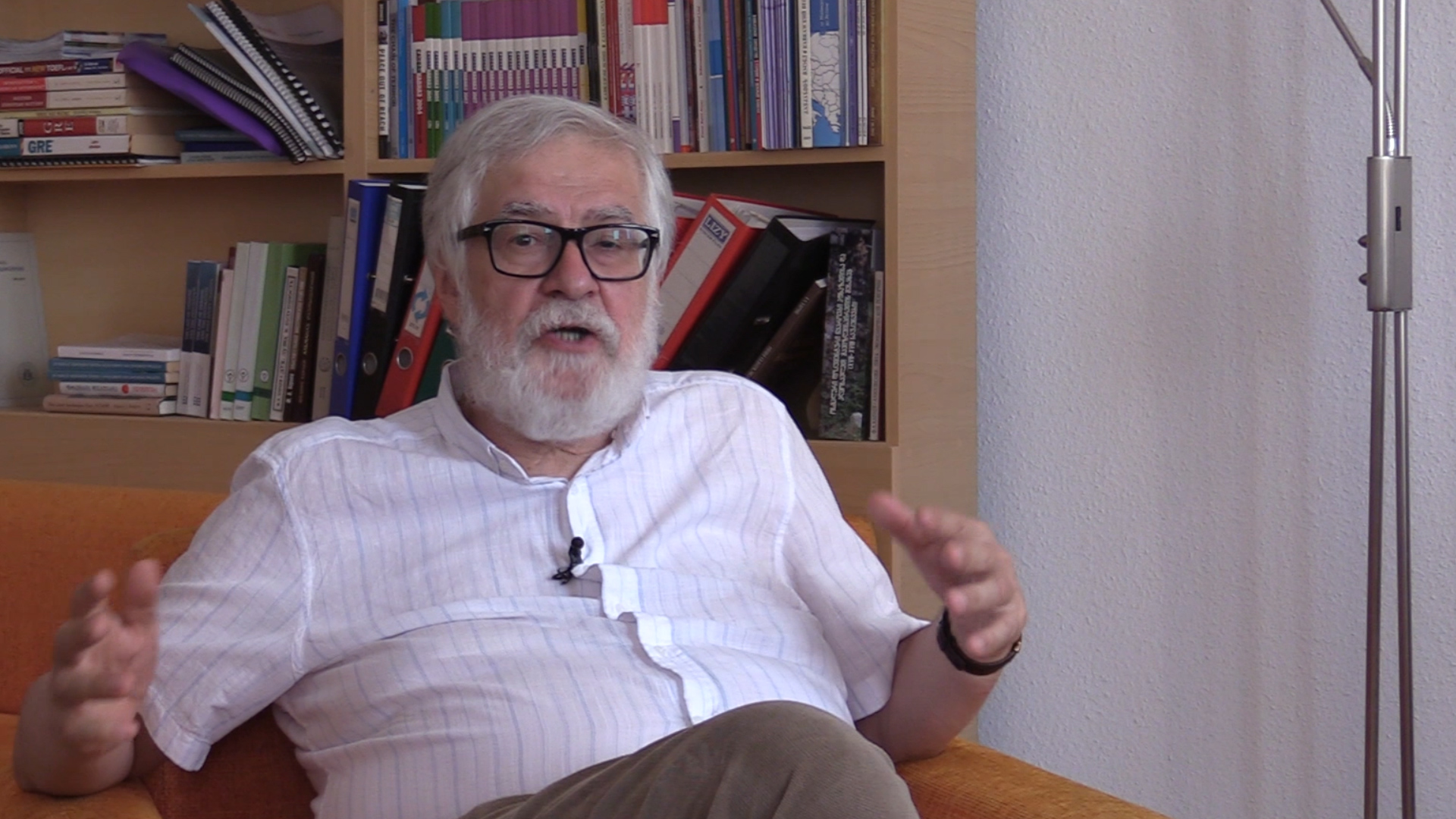How Georgia’s Foreign Restaurants Battle Bureaucracy, Costs, and Instability
At first glance, Georgia’s Foreign Restaurants bring a touch of Europe to country’s booming hospitality sector. But behind the imported wine and familiar flavors are real struggles that challenge their survival.
A Taste of Italy in Tbilisi — But at What Cost?
Antonio Gioffré, an Italian entrepreneur, is in the kitchen of the restaurant he founded in Tbilisi, cooking pasta that tastes just like the one his mother used to make. After running restaurants in Italy and Russia, he opened an Italian restaurant here at the end of last year. And he was immediately surprised: if in the past registering a new business only required a passport for Georgia’s Foreign Restaurants, the recent adoption of laws, aimed at increasing financial transparency, has multiplied the bureaucracy. Georgian and Italian cultures may be similar, he says— the temperament too — but the challenges that pop up daily hit like a hailstorm.
This olive oil is from the fifth generation of Antonio’s family. He brings it directly from Italy. Authentic food is his brand, and this pure Italian product is used in all his restaurants. In his Georgian restaurant, boxes of it stand in the kitchen, clearly marked with Italian labels. There are also other imported Italian products used daily in the cooking process.
“I bring authentic products and yes, of course I use my oil. Olive oil has always been the most important ingredient in Italian cuisine,” Antonio says.
One Pizza, Three Times the Price
Frank Muzzoni is a Canadian businessman who now operates in Georgia’s hospitality sector. He manages several high ranked hotels, the region’s only international medical mall, and personally owns a pub and a guesthouse. Today he’s visiting Antonio’s kitchen as a guest of honor. /good appetitto/ “In the hospitality sector we’re all suffering ups and downs. Frank says: In 2020 we had Covid, and just recently there were protests. There’s no resolution in sight. We’ve seen a huge decline in reservations — the war in Iran is also affecting the region.”
“Ooo amore mio… What we’re talking about now is very difficult, because every ingredient we buy, we pay for transportation. And getting it here is horrible. Sometimes we’re stuck at customs for weeks and weeks. A pizza in Italy costs 5 euros — the same pizza here costs 35 lari. That’s super expensive because of the import fee,” Frank says.
The 35 GEL includes Customs duty, Value-Added Tax, transportation cost, and other expenses. Let’s assume the customs value of the European cheese and prosciutto is 3000 GEL. The Value-Added Tax is 18% of 3000 GEL, which equals 540 GEL. If we assume a 5% customs duty, it would be 150 GEL. The customs declaration fee could be approximately from 15 GEL to 180 GEL, depending on the value. Therefore, the total cost would be: 3000 ₾ (CV) + 540 ₾ (VAT) + 150 ₾ (CD) + 15 ₾ (CDF) = 3705 ₾ . Additionally, transportation costs would be added to this total. For 100 kilograms of prosciutto shipped by air, the cost would reach 4050 GEL. For 100 kilograms of cheese shipped by air, the cost would be till 2700 GEL.
COVID, Protests, and Political Uncertainty
Managers in the hospitality sector expect support from the government; otherwise, businesses in this sector will simply flee Georgia, Diana Barseghian says.
“We all remember that in the fall, unrest began in Georgia, with protests and so on. During that period, many restaurants stopped working because they were closed, there were no tourists, no customers, naturally, when the country is in such a situation, people think about other things, not about going to a restaurant in the evening. At such times, it would probably be a good idea for the state to provide support in terms of deferring tax payments, or perhaps taking on part of the financing. It would be good to defer taxes or reduce certain percentages.”
No Response from the State
We reached out to Georgia’s Ministry of Economy and Sustainable Development to ask how they plan to address these concerns. We sent a formal request to their official email. But they didn’t reply.
To better understand the Georgian government’s real stance and policies regarding the hospitality sector, we met with Tsotne Japaridze — a Georgian entrepreneur with 15 years of experience in the field. His winery is located in Gori.
“Our winery is called the Wine of Freedom. This name comes from all the pain and efforts we carry in our hearts,” Tsotne says.
Instability as the New Normal
Tsotne says the hospitality sector is going through a very difficult period — which is only natural, he adds, when a government takes steps that bring negative consequences. Every time during the tourism season, the government comes up with a project or makes an announcement that sparks protest actions, damaging tourism.
In 2023, Georgia was supposed to host ITB Berlin, the world’s largest tourism trade fair. But right around that time, the authorities began introducing a law requiring NGOs to register as “foreign agents.” The public was shocked — protests broke out — and Georgia lost its once-in-a-decade opportunity to host ITB Berlin.
A year later, in 2024, just as the tourism season was beginning, the government brought the topic up again and protests broke out again.
Solidarity Over Strategy
“The main problem for business in Georgia is this: you never know what will happen tomorrow. That’s instability — a lack of a reliable, predictable business climate. What will the government do?”
“They won’t do anything, because they don’t care. All government institutions work only to serve the interests of one oligarch — to make that one feudal lord richer and richer.”
The Georgian flag flies on the front of Tsotne’s house. Another one is even mounted on the pool. He, his sons, and his friends take part in nearly every protest.
Foreign investors and managers, for now, are solving daily problems by older methods — helping one another. When staff is short, one sends their waiters to another’s restaurant. Guests who finish dinner at one business are sent to sleep at another’s hotel.
Author: Anna Balyan




